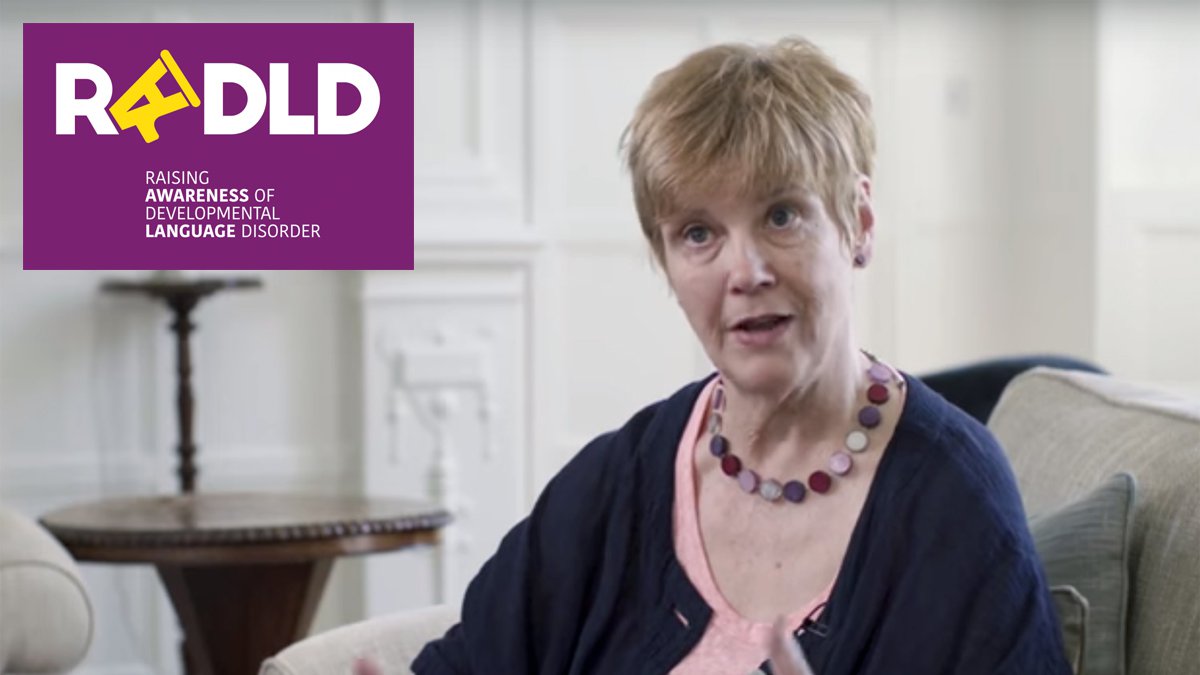St John’s Fellows are at the forefront of research into language development disorders
Developmental Language Disorder (DLD) Awareness Day is on 22 September, and the project of which this is the culmination has been led by two St John’s Fellows, Professor Dorothy Bishop and Professor Maggie Snowling.
DLD involves difficulties with talking and understanding language. It affects children, but persists into adulthood. It is estimated to affect around 2 children in every classroom, but can easily be missed, misdiagnosed or misinterpreted as poor behaviour or low academic ability. It impacts on a child’s progress in reading and writing, but also on their confidence and their ability to socialise.
Professor Dorothy Bishop, Professor of Developmental Neuropsychology, and her team have been working to establish a new terminology for this complex condition, one that will make it easier to diagnose and help to ensure that those affected receive specialist help. A multidisciplinary, multinational workshop funded by St John’s brought together academics and practitioners to agree on the criteria used to identify these problems in children and to settle on nomenclature. The consensus term for these language difficulties will now be Developmental Language Disorder. Watch a video on the process of building this consensus here:
Fundamental research underpins the consensus that has been reached including longitudinal studies conducted by Professors Bishop and Snowling and basic research carried out by St John’s Fellow Professor Kate Nation and her group on the specifics of how children learn new words and use language skills to support their reading experience. Find out more about Professor Nation's work at ReadOxford here. She was recently interviewed by the Times Educational Supplement about the importance of language as a foundation for literacy, read the interview here.
Professor Bishop explains: ‘Having reached agreement on Developmental Language Disorder, our hope is that we will make it easier for those affected to be diagnosed and receive the specialist speech and language therapy and support that they need, and that can make such a difference.’
Such interventions have been developed by Maggie Snowling, Charles Hulme and their colleagues and evaluated in randomised controlled trials. Their most recent intervention, The Nuffield Early Language Intervention, is shortly to be published by Oxford University Press and rolled out in schools nationally. Find out more about this intervention here.
Professor Snowling comments: ‘A remaining challenge is to convince policy makers of the importance of oral language as a springboard for learning and literacy and of the urgent need for specialist services for those with DLD’.
As part of DLD Awareness Day, in this excellent video children and adults with DLD explain more about the condition.
Coverage of DLD Awareness Day was widespread across the media, including the Guardian, The Times, and the British Medical Journal in the UK, and other outlets around the world.
